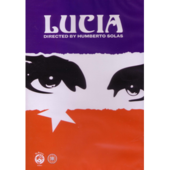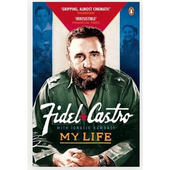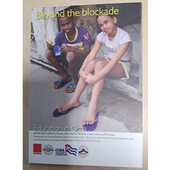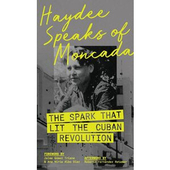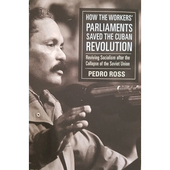Alternative views of Cuban women
Ophelias - Ofelias by Aida Bahr, Cubana Books
This set of 8 short stories won well known Cuban writer, Aida Bahr, the Alejo Carpentier Short Story Prize and the National Critics prize when first published in Cuba. This version has the stories in the original Spanish as well as translated into English.
The original Ophelia was a courtier’s daughter in a Shakespeare play, a potential wife for Hamlet, who was misled, misunderstood and mistreated, and met a tragic death, falling into a river and drowning – made famous in the John Everett Millais painting.
Each of Bahr’s re-imagined 21st century Ophelias is a female protagonist being pushed to the edge of madness. One has misplaced her baby and doesn’t know what to tell the police, one is about to kill her racist and controlling father; a young university teacher struggles with a bullying mother; a teenager is determined to impress her boyfriend; a woman whose husband has just died wonders how well she knew him; a young girl is left with her terrifying great grandmother in the middle of nowhere. In a way, the stories explore what causes mental illness - our response to trauma or loss, or a genetic disposition triggered by a difficult experience.
We may be familiar with the racist/sexist stereotyping of Cuban women, the sassy woman living amongst the crumbling buildings of Havana, but that has no place here; Bahr’s real women live in country towns (the writer has lived for many years in Santiago de Cuba and grew up in Holguin), and their fears of loneliness, death and losing one’s mind seem quite universal. There is some sex and drugs and violence here but they are simply part of the stories. The protagonists are trying to navigate extreme situations, where things no longer make sense, not knowing what they should do, misreading others and being misunderstood by others, while a haze of imminent violence surrounds them. They are not just two dimensional female victims, like in so many crime thrillers. They are fully formed complex characters from the beginning and we have the privilege to live in their head for this short time, to be on the inside of their self-destructive downward spiral.
The style of writing is stark but subtle – from the first words there is something not right: “Snoring. Low, rhythmic, regular. Unmistakeable. There was someone snoring right next to her. She ought to open her eyes but she squeezes them tight.” This is a brilliantly compelling set of stories.
Trish Meehan
For CubaSi magazine Summer 2016


